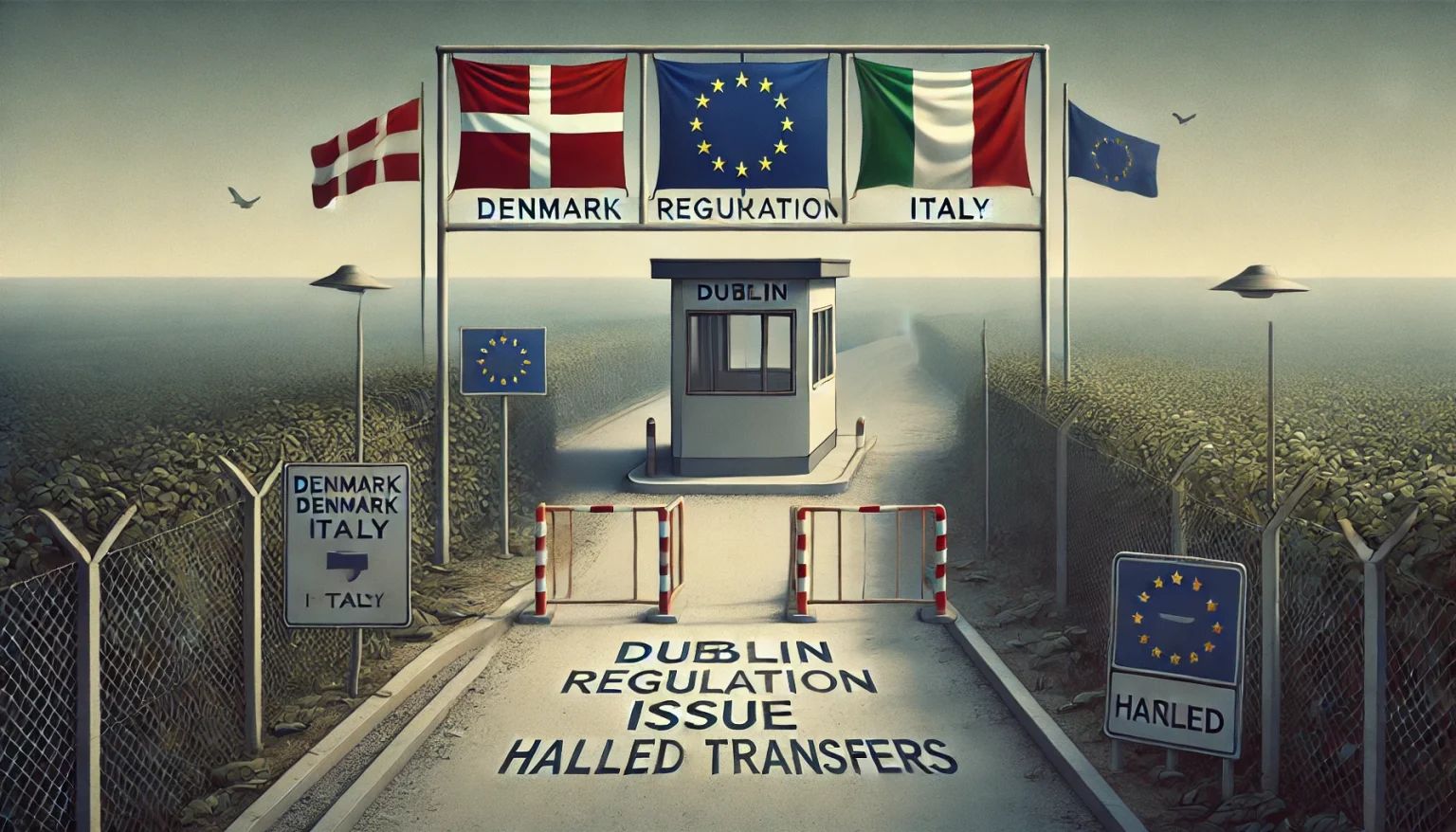Serious issues in Italy’s asylum system lead to landmark decision by the Danish Refugee Appeals Board
On November 22, 2024, the Danish Refugee Appeals Board announced that asylum seekers cannot be transferred to Italy under the Dublin III Regulation due to severe flaws in Italy’s asylum procedures and reception conditions. This decision sets a significant precedent in protecting asylum seekers’ rights, highlighting the humanitarian challenges within Italy’s migration system.
Findings From the Decision
The Refugee Appeals Board examined several critical issues:
- Italy’s Extended State of Emergency: Initially declared in 2023 and extended for another six months in October 2024, the state of emergency has strained Italy’s ability to manage its asylum system effectively.
- Inadequate Reception Conditions: Reports referenced by the Board, including the AIDA Country Report on Italy, revealed severe shortages in reception facilities, with Italian authorities explicitly stating that transfers cannot be carried out until further notice.
- Barriers to Asylum Access: Refugees and asylum seekers face serious obstacles in registering as asylum applicants, accessing basic rights, and securing accommodation. These issues extend to those transferred under the Dublin Regulation, raising concerns about Italy’s compliance with international obligations.
Implications for Asylum Seekers
The Danish Refugee Appeals Board concluded that without explicit guarantees from Italian authorities ensuring prompt registration, accommodation, and access to basic rights, Dublin transfers would jeopardize asylum seekers’ welfare and violate international human rights standards. Given the current circumstances, the Board deemed such guarantees unlikely, resulting in a halt to all transfers to Italy.
This decision underscores the humanitarian responsibilities of EU member states and raises broader questions about the implementation of the Dublin III Regulation in situations where systemic flaws exist.
Broader Context
Denmark’s decision highlights growing concerns across Europe about the adequacy of asylum systems in frontline states like Italy. Civil society organizations and refugee advocates have repeatedly called for stronger safeguards to protect asylum seekers’ rights. This ruling may inspire other EU countries to reassess their reliance on Dublin transfers to states with strained migration systems.
For more information, you can access the original report here: Link to Danish Refugee Appeals Board.




